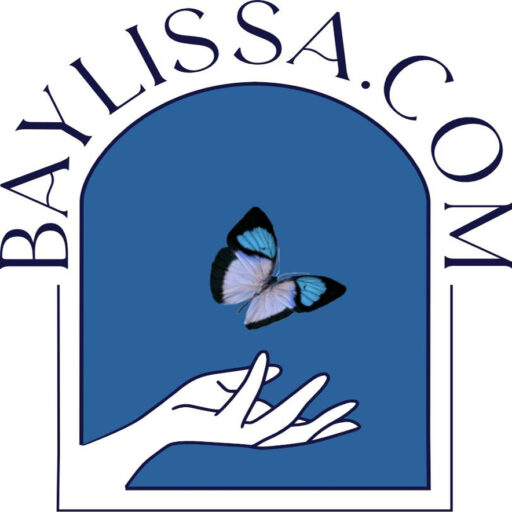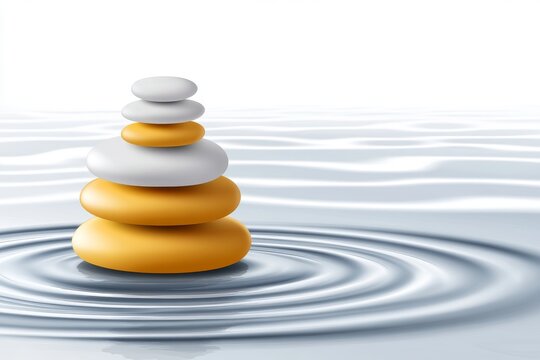Introduction
The withdrawal community has grown immensely over the years, with more voices offering guidance, support, and healing strategies. While this has been a good development, it also comes with challenges. With so much information available—some helpful, some potentially harmful—it is more important than ever to approach advice with discernment and a questioning mind. This post is not about doubting anyone’s good intentions but about empowering you to assess the guidance you receive and make choices that truly support your healing. I am receiving way too many calls of despair from people who are being given unhelpful and often scary information and advice. This is why I am writing to you today.
The Power of Hope vs. The Danger of Fear-Based Advice
Healing from withdrawal is already a deeply vulnerable experience. When advice instils fear—whether it’s telling you that you won’t heal because of your age, how you were taken off the drug, a certain amount of time has passed, or unless you follow a specific protocol, eat or avoid certain foods, or think in a particular way—it can add unnecessary distress. Fear-based messaging often creates panic, self-doubt, and even despair, rather than providing the calm reassurance that is needed during this time. I must tell you that it is making a lot of people more at risk than ever before and this is deeply concerning.
A Serious Caution: Beware of “You Won’t Get Better Unless…”
One of the most harmful things people in withdrawal/PAWS/ABIND are being told is:
“You won’t get better unless you…” [do this protocol, follow this diet, take this approach, etc.]
If someone is telling you that you must do something they say in order to heal, step back and question it. Why isn’t everyone doing it? How come people are healing despite not doing it? How come hundreds of thousands of people healed over decades without having received and heeded this advice? Remember, no single person has the power to dictate your healing journey. Your healing is not dependent on any one supplement, treatment, or rigid protocol. Your body is designed to heal, and while some approaches may support the process, nothing should be presented as an absolute requirement. Statements like these create fear and hopelessness, adding to stress levels and making symptoms feel even more intense.
The Pitfall of One-Size-Fits-All Approaches
Everyone’s healing journey is unique. What helps one person may not help another, and what hinders one person may be completely harmless to someone else. In the search for answers, it is easy to fall into the belief that if something happens after a specific action (e.g., eating a food high in glutamate), then that action caused the symptom flare. But correlation does not always mean causation. I repeat, correlation does not always mean causation. The nervous system in withdrawal is highly sensitive and symptoms emerge and fluctuate for many reasons – not identified because of limited research.
The Rise of “Experts”
After almost two decades supporting people affected by withdrawal, PAWS/ABIND, I still cringe when referred to as an expert. I am not. I think this phenomenon is too complex, non-linear and logic-defying to have true expertise. I can’t speak for anyone else, but every day I continue to learn.
Years ago, there were only a few professionals providing paid support – guidance, hope, and ensuring safety through crisis management and ethical practice. Now, understandably, the number of people giving advice has grown—some with genuine knowledge and care, but others not with adequate experience or not fully understanding the impact and repercussions of the fear-driven approaches they use when working with our most vulnerable. Sadly, these fear-driven approaches are doing more harm than good. It is concerning how many people are contacting me, feeling confused, pressured, or even hopeless because of this, especially when the benefits promised are not fulfilled and they then believe they will never heal.
Questions to Ask Before Accepting Advice
When you receive guidance—whether from a coach, practitioner, or even a friend who is healing—pause and ask yourself:
- Does this advice instill fear or hope? Safe and ethical guidance should be honest and responsible, and should reassure you and provide encouragement, not make you feel doomed.
- Is it based on science, experience, or just speculation? While personal experiences are valid, they don’t always apply to everyone. Look for well-rounded, objective, ethical, and responsible advice.
- Does it require spending a lot of money or following extreme measures? Healing doesn’t come from expensive experimentation, endless supplements, or rigid protocols. Your body is intelligent, self-healing, capable, and it has the innate ability to heal over time. It is always, always working towards restoring homeostatic equilibrium.
- Does it take into account individual differences? Be wary of anyone who claims there is one right way to heal.
Trust Yourself, Trust Your Body
Your body knows exactly what it needs to do in order for you to heal. Listen to what it is telling you. You are the one living in your body. While external guidance can be helpful, nothing is more valuable than self-awareness, acceptance, and self-compassion. Healing unfolds in its own time, and no one has the power to predict exactly when or how it will happen for you. Be gentle with yourself, question what you hear, and always return to what feels right for you.
Closing Thoughts
Our community should be a place of safety, hope, and empowerment. By thinking critically about the information you receive, you protect your peace and give yourself the best chance of healing in a way that is least problematic and right for you. If you are not well enough to be discerning because of certain symptoms, discuss with your safe person the advice you receive before making important decisions. More than anything, do not lose heart. You are not alone, and your healing is still unfolding—at its own pace, in its own way. Don’t let anyone break your spirit. Don’t believe anything you are told that you don’t want to become your reality. This chapter of your life story has been extremely challenging, but it has a happy ending.
With much compassion,


